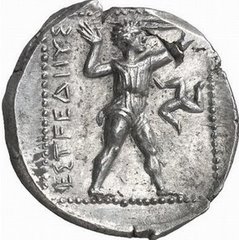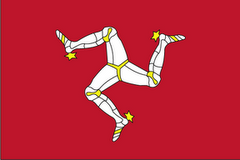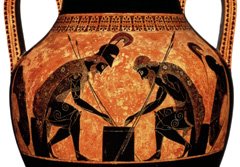Book IV, 31-33
31. Love the art, poor as it may be, which thou hast learned, and be content with it; and pass through the rest of life like one who has intrusted to the gods with his whole soul all that he has, making thyself neither the tyrant nor the slave of any man.
32. Consider for example, the times of Vespasian. Thou wilt see all these things, people marrying, bringing up children, sick, dying, warring, feasting, trafficking, cultivating the ground, flattering, obstinately arrogant, suspecting, plotting, wishing for some to die, grumbling about the present, loving, heaping up treasure, desiring consulship, kingly power. Well, then, that life of these people no longer exists at all. Again, remove to the times of Trajan. Again, all is the same. Their life too is gone. In like manner view also the other epochs of time and of whole nations, and see how many after great efforts soon fell and were resolved into the elements. But chiefly thou shouldst think of those whom thou hast thyself known distracting themselves about idle things, neglecting to do what was in accordance with their proper constitution, and to hold firmly to this and to be content with it. And herein it is necessary to remember that the attention given to everything has its proper value and proportion. For thus thou wilt not be dissatisfied, if thou appliest thyself to smaller matters no further than is fit.
33. The words which were formerly familiar are now antiquated: so also the names of those who were famed of old, are now in a manner antiquated, Camillus, Caeso, Volesus, Leonnatus, and a little after also Scipio and Cato, then Augustus, then also Hadrianus and Antoninus. For all things soon pass away and become a mere tale, and complete oblivion soon buries them. And I say this of those who have shone in a wondrous way. For the rest, as soon as they have breathed out their breath, they are gone, and no man speaks of them. And, to conclude the matter, what is even an eternal remembrance? A mere nothing. What then is that about which we ought to employ our serious pains? This one thing, thoughts just, and acts social, and words which never lie, and a disposition which gladly accepts all that happens, as necessary, as usual, as flowing from a principle and source of the same kind.
Emperor Marcus Aurelius Antoninus
To Himself (Τὰ εἰς ἑαυτόν),
trans. George Long (1862), ed. E. Ginn
[WikiSource]




